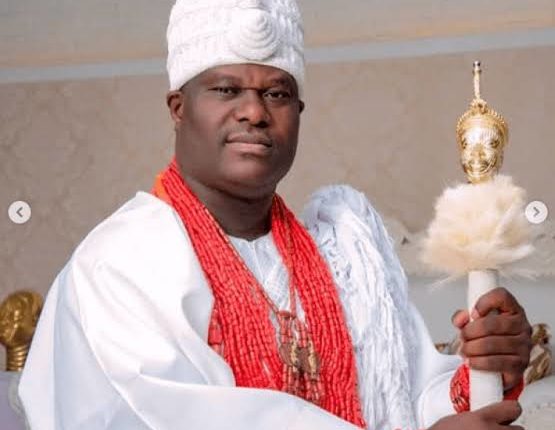Cracks have emerged in the wall of the Southern Nigeria Traditional Rulers Council, which was inaugurated in Owerri, the capital of Imo State, on Tuesday, July 30, 2024 by President Bola Tinubu.
The council has the Ooni of Ife, Oba Adeyeye Ogunwusi, as the chairman; as well as the Obi of Obinugwu Kingdom in Orlu, Imo State, Cletus Illomuanya, and King Jaja of Opopo in Rivers State, Dandeson Jaja, as co-chairmen. The Dein of Agbor in Delta State, Benjamin Ikenchuku Keagborekuzi 1, is the secretary.
The cracks became visible when the Enugu State Traditional Rulers Council shunned the Owerri meeting. The reason for the withdrawal of the Enugu traditional rulers from the Owerri meeting, as gathered, was based on the perception that the meeting was aimed at shoring up support for the All Progressives Congress-led federal government.
Tinubu, who was represented by the Secretary to the Government of the Federation, Senator George Akume, noted that “With the collective support of Southern and Northern traditional rulers, Nigeria will never go down because Nigeria is a great nation, a rich country that is naturally gifted and endowed.
“From time immemorial, traditional rulers have been exercising the functions of government before they were displaced by the politicians. Although there was no written constitution regulating their native duties, they relied on customs, traditions and conventions.
“The natural rulers were perceived as second-in-command to God, personification of unity in their ancient kingdoms and symbols of progress. Owing to their influence, they could not be discarded by the colonial powers. Ultimately, they became the servants of the imperial masters under indirect rule.”
The Chairman, Southern Nigeria Traditional Rulers Council, Oba Ogunwusi, said the mission statement of the body is: “To work in synergy, for peace of Nigeria and the furtherance of the unity of the Southern traditional institution,” while the aim of the body is “the creation of a Southern Traditional Rulers Council to work for better understanding and respect for our diverse culture in Southern Nigeria.”
